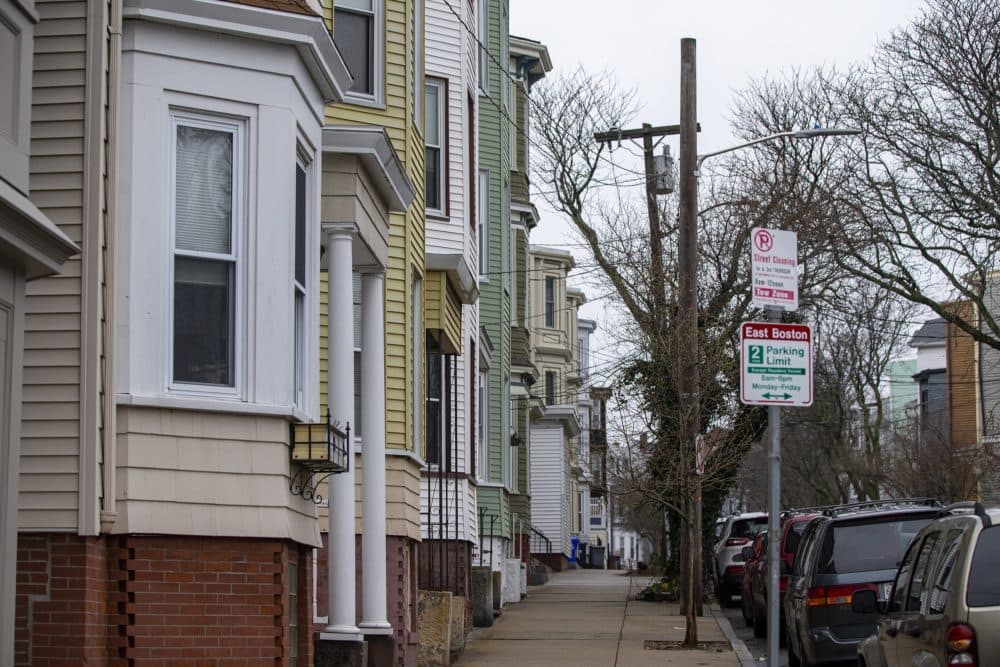Advertisement
Report: Mass. rental assistance program needs more funds, accessibility

Massachusetts needs to invest $250 million to help renters on the verge of eviction, according to a new report released Thursday by several housing organizations and nonprofits.
The report outlines lessons learned from rental assistance programs during the pandemic based on the experiences of tenants, landlords and community organizations. The report was released by The Boston Foundation, The Metropolitan Area Planning Council (MAPC), the United Way of Massachusetts and Citizen's Housing and Planning Association (CHAPA).
Emergency rental assistance like the state's Residential Assistance for Families in Transition (RAFT) program became a lifeline for many Massachusetts residents during the pandemic, the report noted. And advocates say many still need it now.
"We know that there's so many households that do not have access to it and there are households that aren't even aware of it that need it," said Maritza Crossen, the director of strategic initiatives at CHAPA.
More than 100,000 households were helped through the state program during the pandemic, according to Crossen. But the report found the application process was clunky and cumbersome.
Community organizations helped many people get through the process, "but in a lot of cases, the barriers were insurmountable," said report lead author Jessie Partridge Guerrero, the research manager at MAPC.
"And folks who really, really needed the support and the financial help were not able to get it," Guerrero added.
Massachusetts received over $800 million from the federal government for emergency rental assistance during the height of the pandemic. But those funds have been used and eviction filings are up 68% year-over-year for the first quarter of 2023, according to the report.
The report suggested the state invest $250 million in fiscal 2024 to help renters who continue to be in need, and give community organizations resources to help people get through the process. That figure, however, is much higher than the $195 million lawmakers are currently considering for the RAFT program.
The report also made other recommendations to improve the RAFT program and make it more accessible:
- End the requirement that applicants submit a "notice to quit" with their applications: Guerrero said people found the requirement, which was implemented last year, "inhumane." Such notices are the first step a landlord is required to take in an eviction process. And in some cases, tenants had to request a "notice to quit" so they could apply for assistance, according to Guerrero.
- Explore giving renters direct cash assistance: RAFT assistance goes directly to landlords and they are required to submit extensive documentation, like tax info. "A lot of especially smaller landlords are reluctant to provide their tax information for various reasons and then tenants simply can't apply," Guerrero said.
- Offer the application in more languages: The RAFT application and supplementary materials are only available in English, which the report noted creates barriers for non-English speakers who then have to rely on community organizations and others to get through the application process.
This article was originally published on May 25, 2023.
